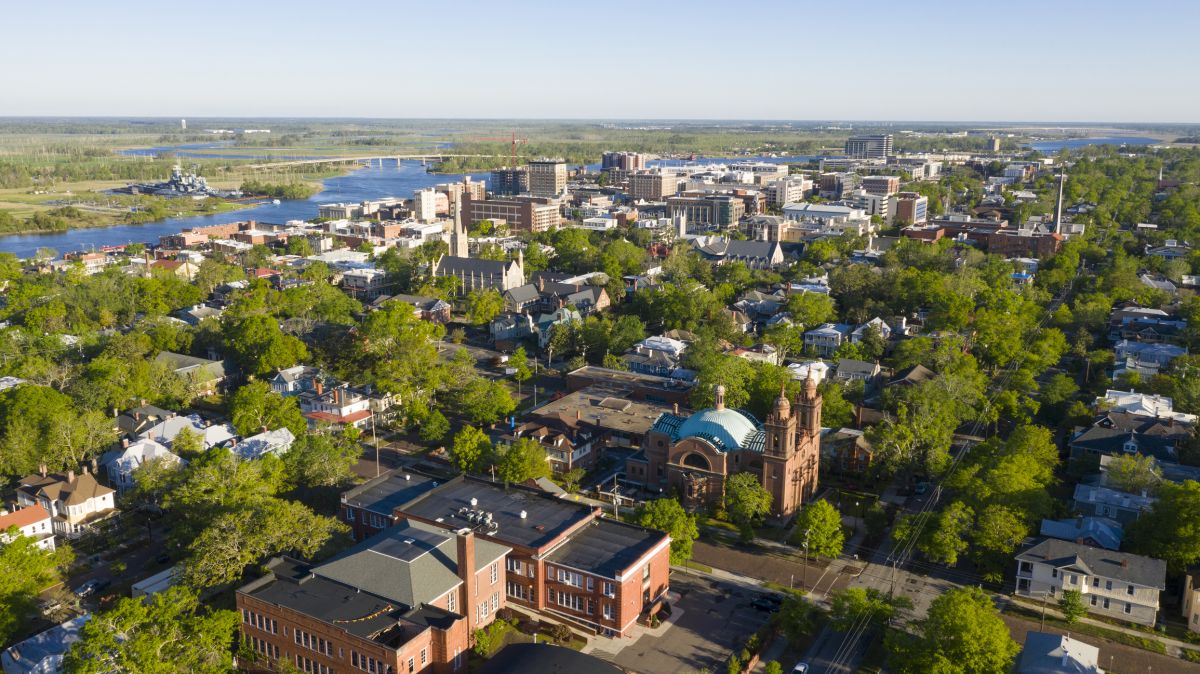Pasture Fence Installation in Wilmington
Get help with your pasture fence installation needs. Fill out the form above and we will connect you with local pros in your area. Pasture fence installation offers numerous benefits for landowners and livestock owners alike. Installing a pasture fence provides a secure boundary for animals, preventing them from wandering off and getting lost or injured. It also helps to keep out unwanted animals or predators, ensuring the safety and well-being of the livestock. Additionally, a well-installed pasture fence helps to control grazing patterns, allowing for better management of pasture rotation and preventing overgrazing. This promotes healthier vegetation growth and improves the overall health of the pasture. Moreover, a properly installed pasture fence can enhance the aesthetic appeal of the property, creating a visually pleasing and organized environment. With its ability to provide security, management, and visual enhancement, pasture fence installation is an essential investment for any landowner or livestock owner seeking to optimize their pasture utilization.
Pasture fence installation refers to the process of erecting fences around a designated area of land to enclose and secure a pasture. This type of installation involves the strategic placement of fences, typically made of materials such as wood, wire, or vinyl, to create a boundary that prevents livestock from wandering off and protects them from potential predators. The installation process includes measuring and marking the area, digging holes for fence posts, securing the posts in the ground, and attaching the fencing material. Pasture fence installation is essential for maintaining the safety and containment of livestock, preventing trespassing, and ensuring proper land management.
Pasture fence installation refers to the process of erecting fences around a designated area of land to enclose and secure a pasture. This type of installation involves the strategic placement of fences, typically made of materials such as wood, wire, or vinyl, to create a boundary that prevents livestock from wandering off and protects them from potential predators. The installation process includes measuring and marking the area, digging holes for fence posts, securing the posts in the ground, and attaching the fencing material. Pasture fence installation is essential for maintaining the safety and containment of livestock, preventing trespassing, and ensuring proper land management.

